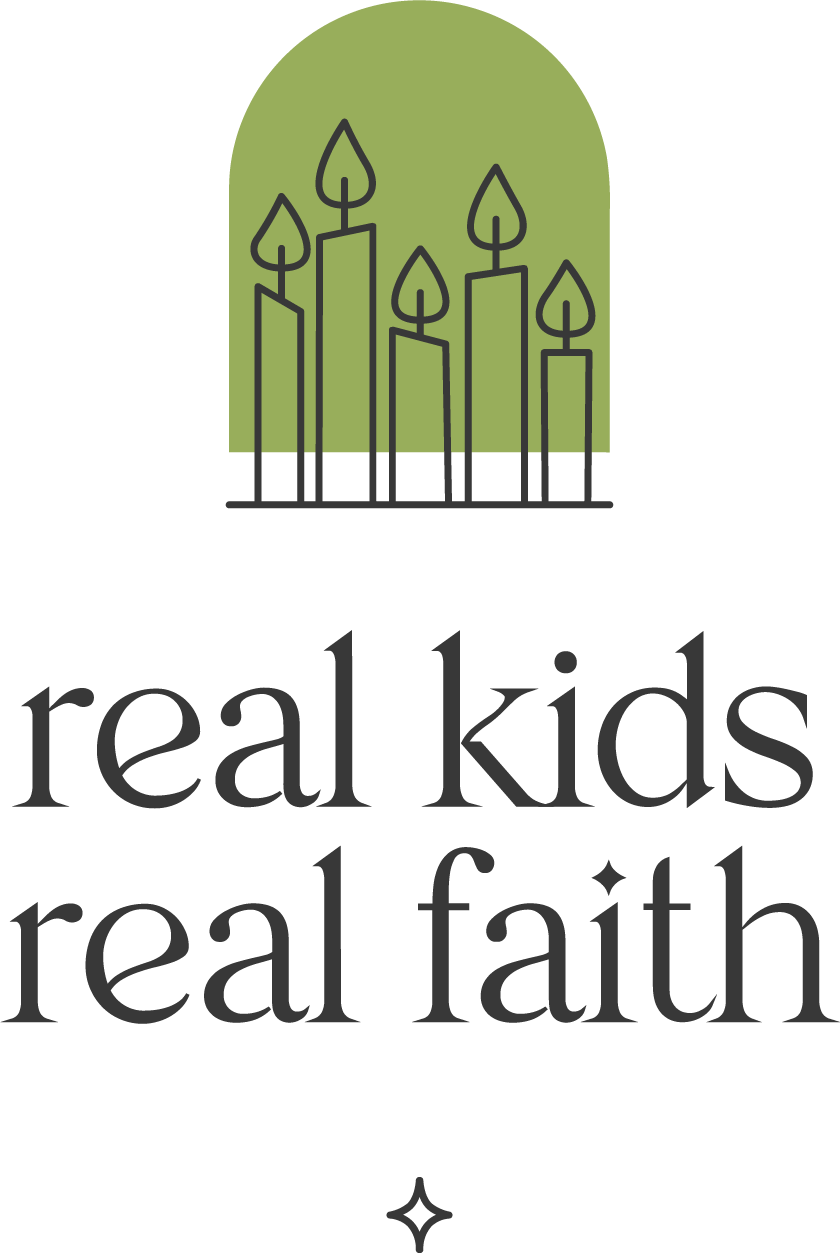Daniel* wasn’t having much success lighting his campfire. Everything seemed stacked against him: too much wind, a sloping hillside, damp materials. “This. Is. Hopeless.” he pronounced as his sixth match fizzled out. The challenges of learning a new and complex skill were proving too much for his ten year old brain to handle.
In Loteria, Karla Arenas Valenti explores the struggles associated with tackling an unfamiliar and difficult task. Clara, her not-so-adventurous main character, must save her young cousin while navigating a mysterious game of chance that places numerous obstacles in her path. By overcoming external challenges and internal doubts, she learns resilience and discovers she can make a difference through her own good choices.
As you read this book with 8-12 year olds, invite them to explore the power of their own choices with the following activities:
Deep breaths. When Clara is trapped by the underground vines, she quiets her fears and anxieties by taking deep breaths before pressing forward. Invite children to try the same practice. Ask them to place their hand on their heart and breathe in and out slowly several times. Encourage them to pay close attention to their heartbeat as they breathe. Afterward, ask: Did your heart beat faster or slower as you breathed? How might slowing down your heartbeat help you cope with anxiety and fear?
Affirmations. Whenever Clara considers saving herself at the expense of a magical creature, she remembers and repeats her aunt’s words about honoring all life. Encourage children to develop their own affirmation that they can repeat when facing a tough choice. Ask: What values do you want to remember when you make important choices? Then brainstorm short phrases (like “treat people with fairness” or “the earth is our home”) and invite them to pick one to try out for a few weeks.
Hopeful actions. Even though Clara is unable to rescue the children in the dark cavern, she spreads hope with her luminous sketches. Ask children: What challenges do you see in our community or the world that seem too big to overcome? Invite them to imagine something small they could do that offers hope even though it doesn’t fix the problem. For example, they might write an encouraging note to someone who is seriously ill, create colorful cards to accompany food bank boxes, or spread wildflower seeds to beautify an unkept empty lot.
Decision-making. Life and Catrina (Death) observe how humans make big decisions. Help children build their decision-making skills by introducing them to a Decision Matrix tool (see Related Resources). Using the form, identify a choice they are facing, brainstorm different possible options, weigh pros and cons, and calculate best options together.
Honoring death. Clara’s community observes El Dia de los Muertos (The Day of the Dead). Because they view life and death as companions rather than enemies, they entrust the dead to Catrina’s faithful care. Invite children to share ways that they choose to honor and remember someone who has died. Then share in a death-honoring practice together, such as creating a scrapbook, planting a memorial garden, or placing photos and favorite items on a shelf or table where children will see them regularly.
*This name has been changed.

Comments